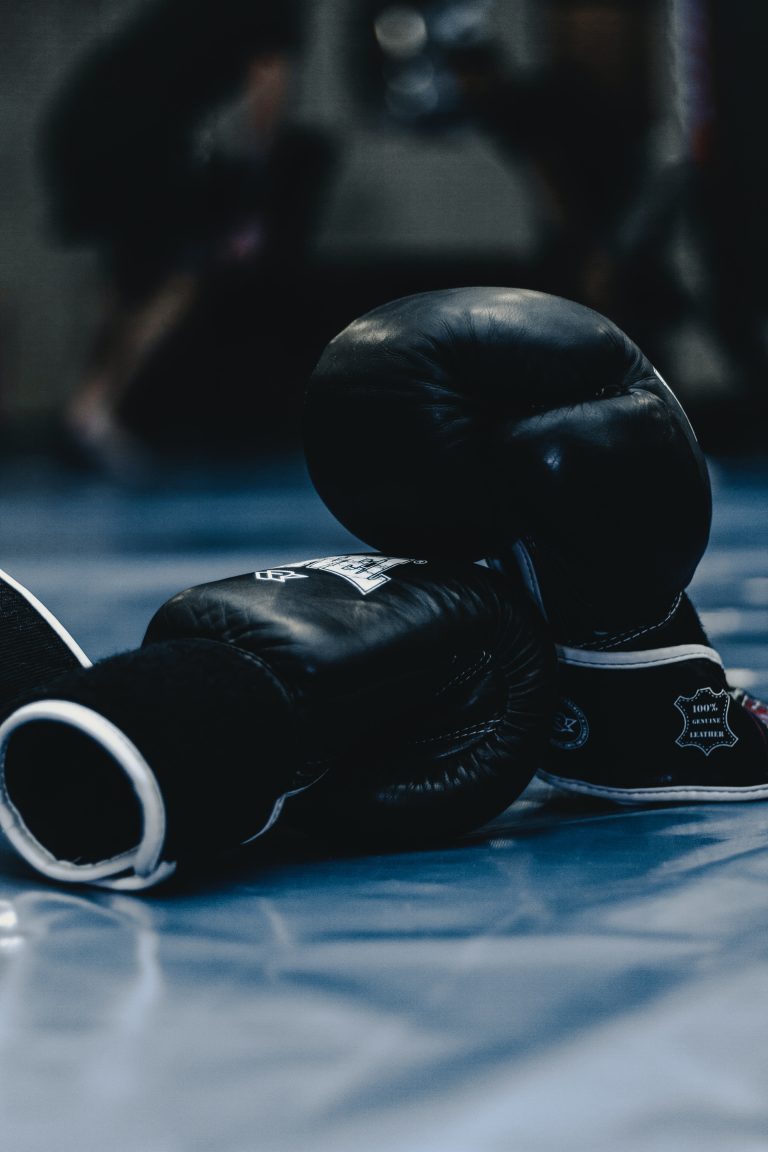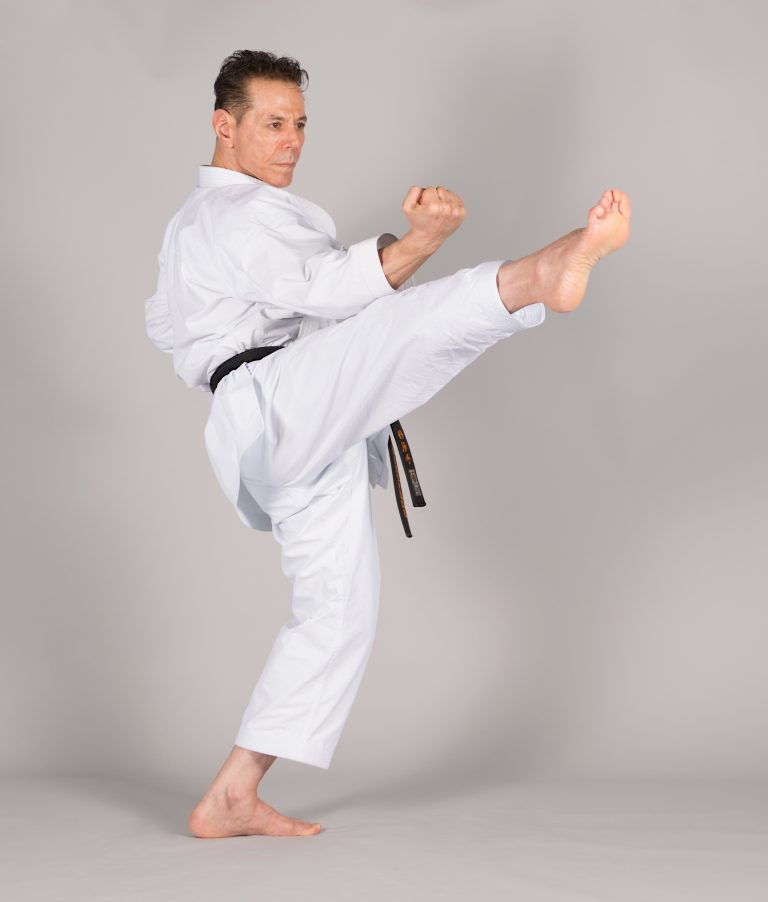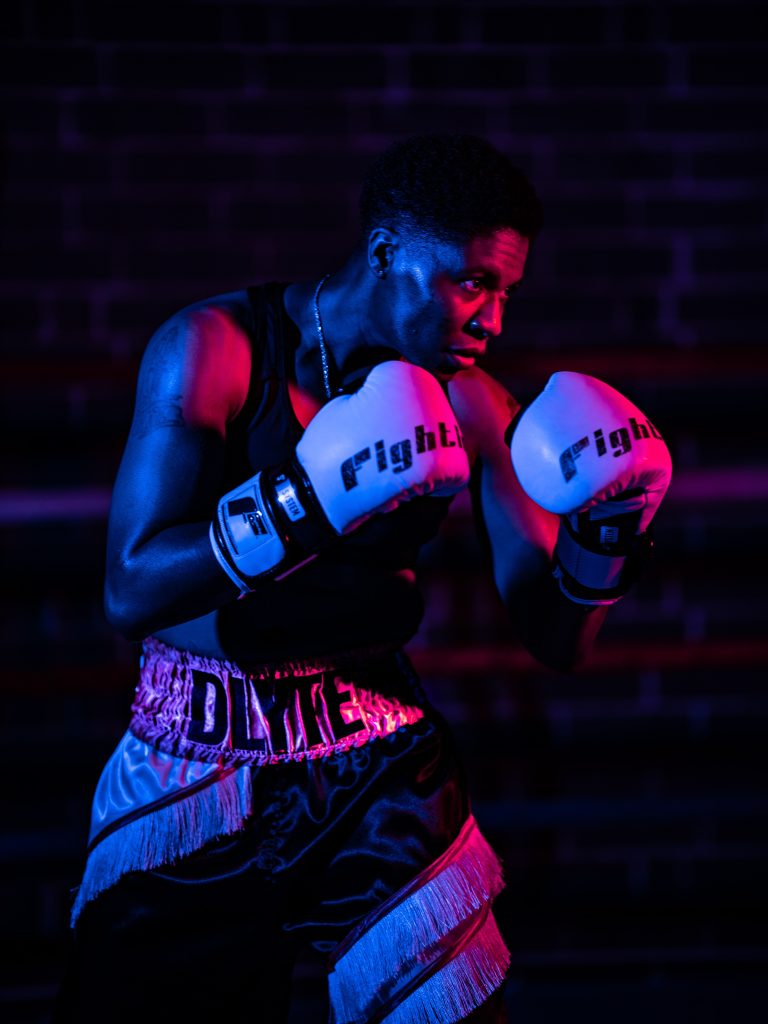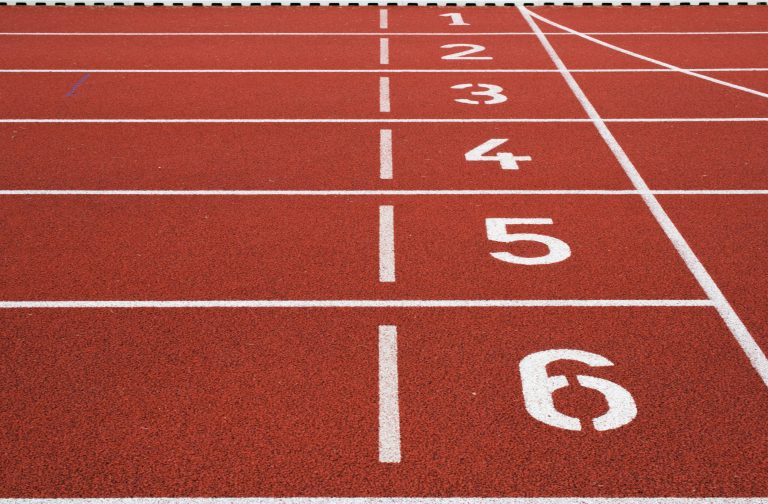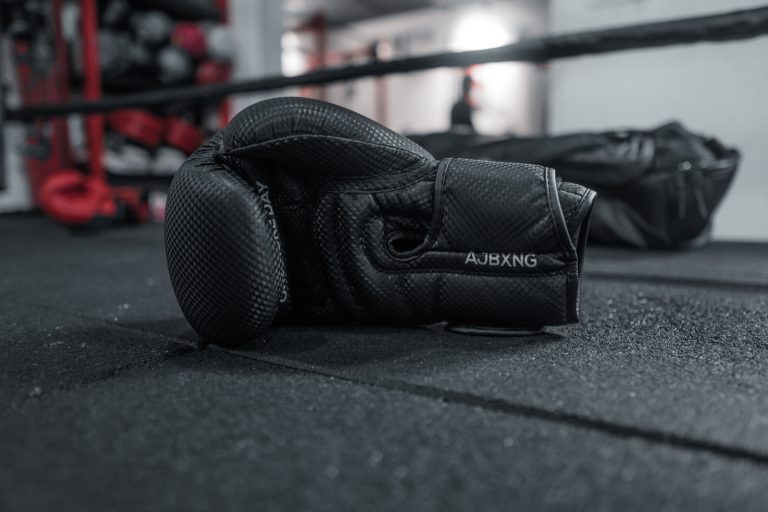Der Zweck des Lernens von Karate
Karate ist ein Kampfkunst-Praktikum, das eine Vielzahl von Vorteilen für geistige und körperliche Gesundheit bietet. Es gibt mehrere Gründe, warum Menschen Karate lernen sollten. In diesem Blogbeitrag werden wir uns einige der wichtigsten Vorteile ansehen, die mit dem Erlernen von Karate verbunden sind.
Körperliche Fitness und Stärke
Zu den offensichtlichsten Vorteilen des Erlernens von Karate gehört die Verbesserung der körperlichen Fitness und Stärke. Karate hilft dabei, Ausdauer, Flexibilität und Kraft zu verbessern. Karate-Techniken nutzen eine Vielzahl von Muskeln, insbesondere in den Armen, Beinen, dem Bauch und dem Rücken. Durch regelmäßiges Training kann die körperliche Fitness verbessert und die Gesundheit insgesamt gesteigert werden.
Selbstverteidigung
Ein weiterer wichtiger Vorteil des Erlernens von Karate ist die Fähigkeit zur Selbstverteidigung. Karate-Techniken umfassen Schläge, Tritte, Würfe und Griffe, die verwendet werden können, um sich gegen Angriffe anderer zu verteidigen. Im Karate geht es jedoch nicht nur darum, physische Fähigkeiten zu erwerben, sondern auch um das Erlernen von Techniken zur Deeskalation von Konflikten.
Disziplin und Konzentration
Die Praxis von Karate erfordert auch ein hohes Maß an Disziplin und Konzentration. Der Schüler muss lernen, seinen Körper und Geist in Einklang zu bringen, um die ausgeführten Techniken erfolgreich durchführen zu können. Karate erfordert auch ein tiefes Verständnis für die zugrunde liegende Philosophie und die Ethik, die damit einhergeht.
Positive mentale und emotionale Vorteile
Das Erlernen von Karate kann auch dazu beitragen, positive mentale und emotionale Vorteile zu erlangen. Karate fördert Selbstvertrauen und Selbstachtung, indem es dem Lernenden beibringt, dass er in der Lage ist, schwierige und herausfordernde Situationen zu bewältigen. Karate kann auch dazu beitragen, Stress abzubauen und das allgemeine Wohlbefinden zu steigern, indem es eine friedliche, unterstützende Gemeinschaft fördert, in der der Lernende sich sicher und unterstützt fühlt.
Fazit
Karate ist eine Kampfkunst, die eine Vielzahl von physischen, geistigen und emotionalen Vorteilen bietet. Ob Sie sich für die Verbesserung Ihrer körperlichen Fitness und Stärke, die Erlernung von Fähigkeiten zur Selbstverteidigung, mehr Disziplin und Konzentration oder einen positiven mentalen und emotionalen Nutzen interessieren, das Erlernen von Karate ist eine großartige Möglichkeit, um diese Ziele zu erreichen und auch um die eigene Persönlichkeit weiterzuentwickeln.
The Purpose of Learning Karate: Answering the Most Frequently Asked Questions
If you are interested in learning karate, you may have several questions about the purpose and benefits of this martial art. In this article, we will answer some of the most common questions related to the purpose of learning karate. By the end of this post, you will have a clear understanding of what karate is and what you can achieve by training in this discipline.
1. What is Karate?
Karate is a Japanese martial art that originated on the Ryukyu Islands in the 19th century. It is a self-defense system that emphasizes striking techniques using the hands, feet, knees, and elbows. Karate also includes grappling and throwing techniques, joint locks, and pressure point strikes.
Apart from the physical aspect, karate also has a strong philosophical component, focusing on respect, discipline, humility, and self-control. Many karate practitioners consider this art as a way of life, rather than just a combat system.
2. What are the Benefits of Learning Karate?
There are many benefits to learning karate, both physical and mental. Here are some of the most important ones:
- Self-defense: Karate is an effective self-defense system that can help you protect yourself in dangerous situations.
- Fitness: Karate is a great way to improve your fitness level, as it involves cardio, strength, and flexibility training.
- Coordination and balance: Karate training can improve your coordination, balance, and body awareness.
- Mental health: Karate training can also have a positive impact on your mental health, by reducing stress, increasing focus and concentration, and boosting self-confidence.
- Discipline: Karate requires discipline and commitment, which can help you develop better habits and reshape your lifestyle.
- Community: Karate dojos often have a strong sense of community and support, which can be an important factor in staying motivated and achieving your goals.
3. What is the Goal of Karate?
The goal of karate can vary depending on the practitioner’s mindset and goals. Some people may approach karate purely as a self-defense system, while others may see it as a way to improve their physical and mental health, and yet others may consider it as a path towards personal growth and self-awareness.
In general, however, the ultimate goal of karate is to develop oneself to become a better person, both inside and outside the dojo. By practicing karate, you can improve your physical abilities, but also develop important character traits such as perseverance, respect, humility, and compassion.
4. How Long Does it Take to Learn Karate?
Learning karate is a lifelong journey, and the time it takes to become proficient at it depends on several factors, such as your level of commitment, training frequency, and natural abilities.
For beginners, it usually takes at least several months of consistent training to master the basic techniques and movements. However, becoming a black belt or advanced practitioner can take years or even decades of dedicated practice, depending on the style and level of mastery desired.
5. Can Karate be Learned at Any Age?
Yes, karate can be learned at any age. It is never too late to start your training and reap the benefits of this martial art. However, the approach and intensity of training may vary depending on your age and physical condition. Older practitioners may need to modify their training to avoid injury and accommodate for age-related limitations, while younger practitioners may be able to train more intensively and progress faster.
6. What Should I Look for in a Karate School?
Choosing the right karate school is crucial for your progress and enjoyment of the practice. Here are some key factors to consider when selecting a dojo:
- Instructor’s credentials: Make sure that the instructor has proper credentials and training in the style of karate they teach.
- Training schedule: Check if the training schedule fits your availability and goals.
- Class size: A class size that fits your needs and preferences, whether you prefer individual attention or group training.
- Facility: The dojo should be clean, safe, and well-equipped for karate training.
- Philosophy and values: The school’s philosophy and values should align with your own goals and values.
Conclusion
Learning karate can be a rewarding and life-changing experience, both physically and mentally. Whether you are interested in self-defense, fitness, discipline, or personal growth, karate can offer something for everyone. By understanding the purpose of karate and what you can expect from your training, you can make an informed decision and embark on your own karate journey with confidence.
Inhaltsverzeichnis

